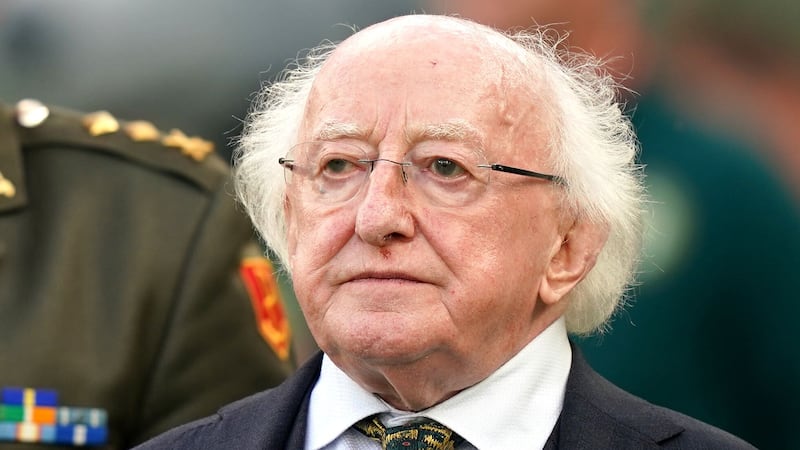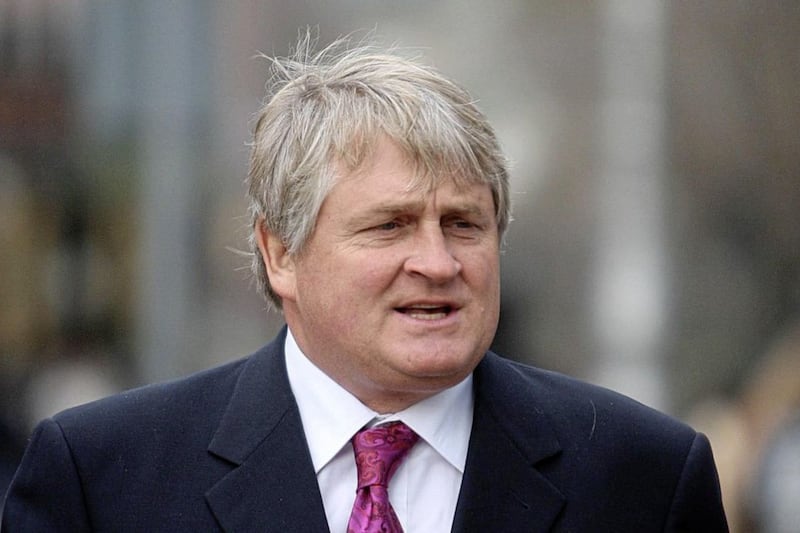The Supreme Court has dismissed businessman Denis O'Brien's appeal over statements made in the Dáil about his banking affairs.
The court, sitting in Galway, delivered its unanimous judgment on Mr O'Brien's appeal against the High Court.
The High Court action arose from statements made by Social Democrat TD Catherine Murphy and Sinn Féin TD Pearse Doherty in the Dáil during a debate in 2015.
The statements were made after Mr O'Brien was granted an injunction against RTÉ in April 2015, which prevented it from broadcasting details about his banking affairs.
Mr O'Brien said the statements made by the two deputies interfered with the court's decision and damaged his constitutional rights.
The Committee on Procedure and Privileges (CPP) said the TDs did not breach the rules.
However, Mr O'Brien said the manner in which his complaint was dealt with breached the committee's own rules.
After the High Court rejected Mr O'Brien's case against the Dáil, the Supreme Court heard his appeal.
On Tuesday, the court ruled that any interference by the court in this case would be "impermissible under the constitution".
Mr Justice Frank Clarke said: "Mr O'Brien sought relief in respect of two different types of claim.
"The first concerns directly statements or utterances made by two deputies in the Dáil.
"The second concerned the manner in which the CPP dealt with a complaint which Mr O'Brien had made in respect of those utterances.
"In its judgment, this court identified two significant barriers to the justiciability of issues arising from a set of restrictions derived from the actual wording of the relevance of sub-articles of Article 15 of the constitution which confer significant privileges and immunities on the Houses of the Oireachtas.
"The court has concluded that the challenge which Mr O'Brien has sought to bring to the decision of the CPP involves, in substance, an indirect or collateral challenge to the utterances of the deputies themselves.
"The only practical consequence of a successful outcome to proceedings such as this would be that it might lead to a reconsideration by the CPP of its decision in respect of Mr O'Brien's complaint.
"If that should lead to a different result, then a court would have been at least indirectly or collaterally involved in dealing with utterances made in the Houses.
"In the court's view, such course of action is impermissible under the constitution."
He said that the court also noted that there is a constitutional obligation on the Oireachtas to provide protection for the constitutional rights of citizens for matters which happen in the Houses.
Welcoming the decision by the Supreme Court, Mr Doherty tweeted: "Over the moon as Supreme Court dismisses Denis O'Brien's appeal about comments made in the Dáil by myself and Catherine Murphy.
"Common sense prevails."
Ms Murphy tweeted: "Obviously delighted with today's Supreme Court ruling which reinforces decision of both CPP and High Court, that myself and Pearse Doherty did not abuse parliamentary privilege."
The Supreme Court decision comes less than a week after Mr O'Brien lost a High Court action for libel against the Sunday Business Post.
He took action against the newspaper over articles printed in March 2015.
Speaking outside Leinster House, Mr Doherty said it is a "good day" for parliamentary democracy.
"I shudder to think if both these judgments had gone the other direction because there is no doubt that there would be a huge chill effect on parliamentary debate and in relation to press coverage and reporting of important matters," he said.
"One of the key things that has come out of this is that the privileges that is bestowed on TDs, in terms of parliamentary privileges, is sacrosanct and cannot be adjudicated by the courts.
"It's a privilege we take very seriously and use very scarcely and only when it's in the public interest."








